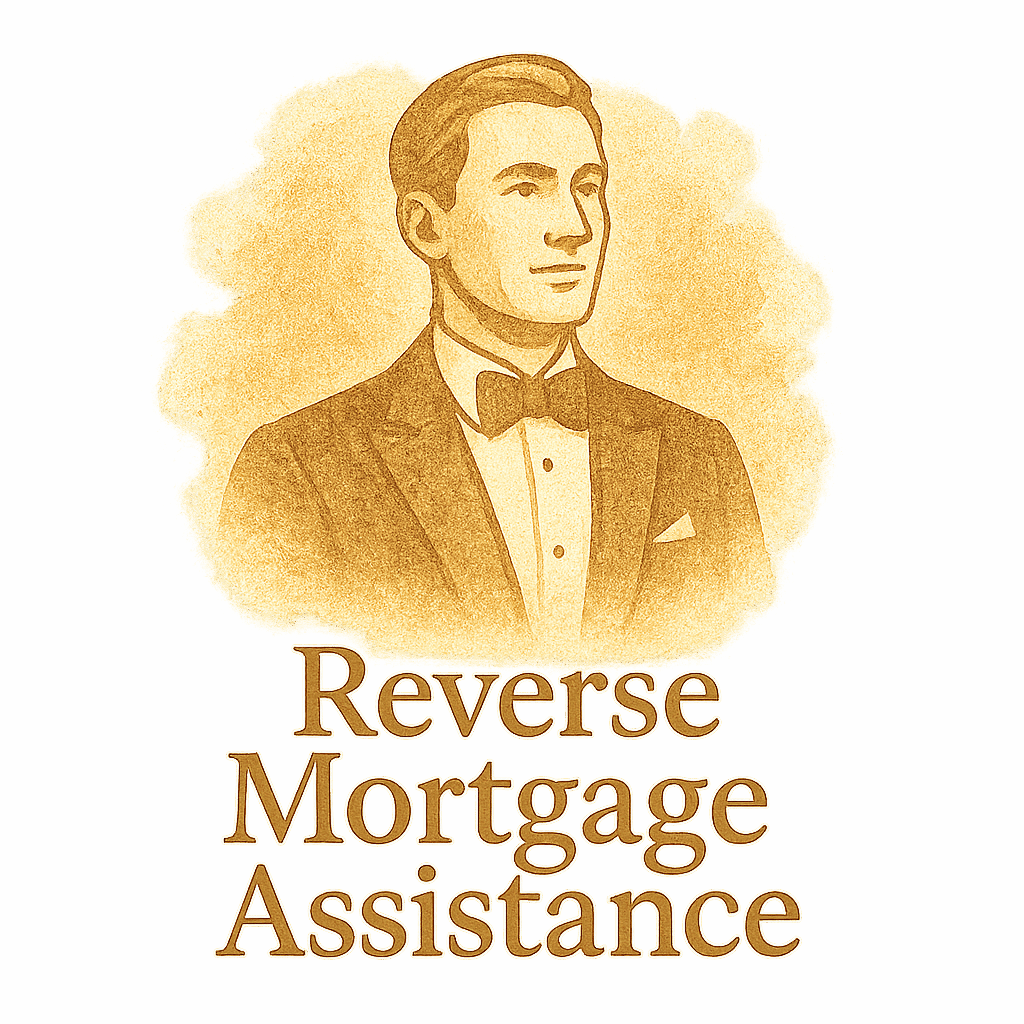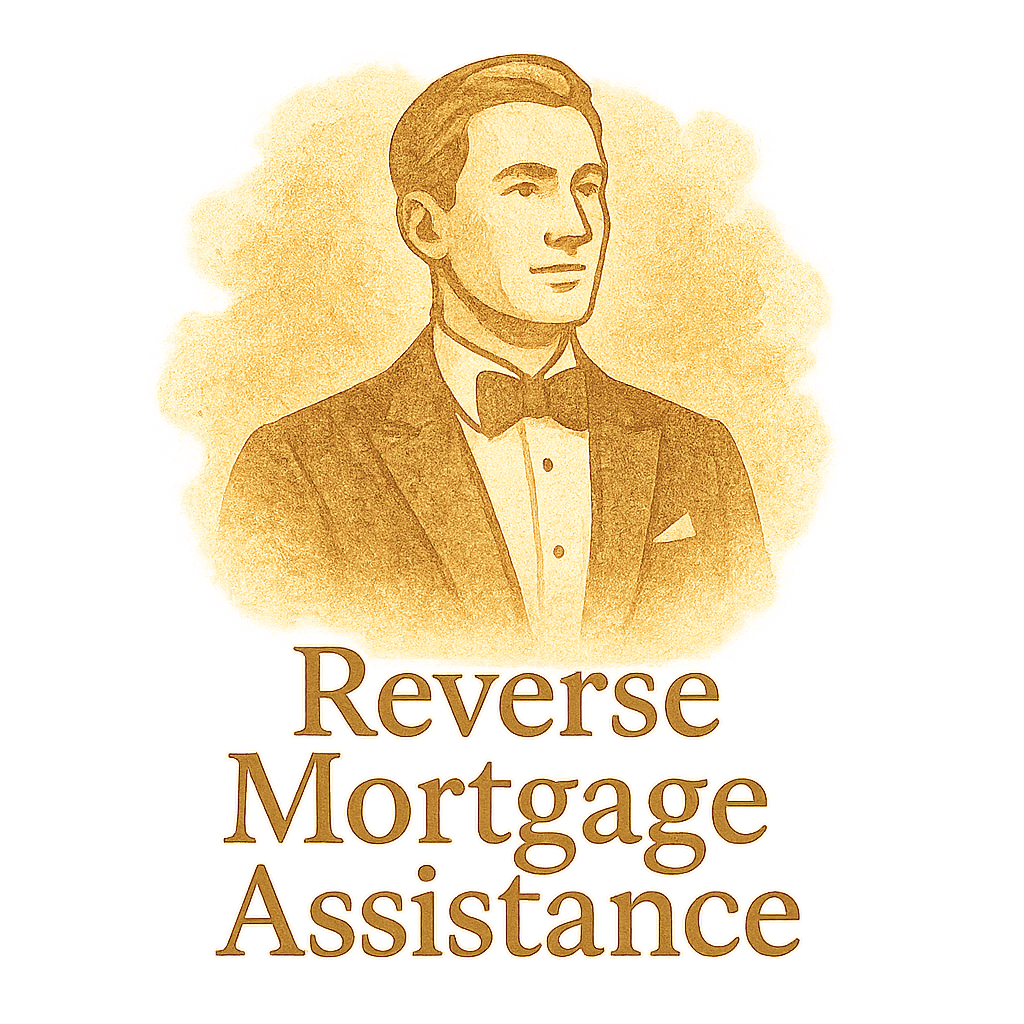Introduction
Reverse mortgages have long been surrounded by confusion, half-truths, and myths. For many homeowners approaching retirement, this financial option seems either too good to be true or too complex to understand. But let’s set the record straight. In this post, we’ll debunk five common myths about reverse mortgage, giving you the truth—clear, concise, and in plain English.
Whether you’re researching for yourself, a family member, or a client, understanding the reality behind these myths can lead to smarter retirement planning and financial freedom.
Myth 1: You Lose Ownership of Your Home
The Truth About Homeownership with a Reverse Mortgage
One of the most persistent myths is that once you take out a reverse mortgage, the bank owns your home. This is simply not true.
With a reverse mortgage, you remain the legal owner of your home. The loan is secured by your home equity, just like a traditional mortgage. As long as you continue to live in the home, maintain it, and pay property taxes and insurance, you’re in control.
Understanding Home Equity Rights
Reverse mortgages allow you to tap into your home equity without giving it away. It’s similar to borrowing against your home’s value, but with payments deferred until you move, sell, or pass away.
Related Resource:
Learn the basics here: 👉 Reverse Mortgage Basics
Myth 2: Reverse Mortgages Are Only for Desperate Seniors
Reality Check: Smart Retirement Planning Tool
This myth does a huge disservice to retirees. Many financially stable homeowners use reverse mortgages as part of a strategic retirement plan.
Instead of desperation, the motivation often involves:
- Supplementing retirement income
- Delaying Social Security for higher benefits
- Avoiding selling off investments in a down market
Who Actually Benefits Most from a Reverse Mortgage?
Retirees with significant home equity and limited cash flow benefit greatly. It offers a way to convert an illiquid asset into a stream of income without sacrificing lifestyle or security.
Related Link:
Discover planning options here: 👉 Mortgage Planning
Myth 3: Your Heirs Will Be Burdened with Debt
Non-Recourse Loan Structure Explained
Reverse mortgages are non-recourse loans, meaning your heirs are never personally liable for more than the home’s market value at the time of repayment.
If the loan balance exceeds the home’s value, the FHA insurance covers the difference—not your heirs.
Estate Planning and Reverse Mortgage Impacts
With proper estate planning, heirs can sell the home, repay the loan, and keep the remaining equity—or refinance and retain ownership.
Read More:
Legal rules explained here: 👉 Legal & Regulatory

Myth 4: The Bank Takes Your Home When You Die
The Role of Legal Contracts in Reverse Mortgages
Another myth implies that the bank swoops in and takes the property the moment the borrower passes away. That’s false.
When the borrower dies, the estate or heirs have up to 12 months to repay the loan and retain the home or sell it. The home doesn’t automatically become bank property.
Options for Heirs and the Loan Repayment Process
Heirs can:
- Pay off the reverse mortgage balance
- Sell the home and keep the remaining equity
- Let the lender sell the home if they choose not to keep it
Tag Link:
Explore legal contracts: 👉 Contracts
Myth 5: Reverse Mortgages Are a Last Resort
Modern Reverse Mortgage Uses
Today’s retirees use reverse mortgages not because they have no options—but because they want more flexibility, less stress, and tax-free income.
From paying off high-interest debt to funding home renovations or healthcare needs, reverse mortgages offer versatile financial support.
Case Studies of Positive Outcomes
Don’t just take our word for it—see real-life results.
Learn More:
See what success looks like: 👉 Mortgage Case Studies
Key Differences Between Reverse and Traditional Mortgages
Use Our Loan Comparison Tool
Want to see how reverse mortgages stack up against traditional ones? From payment structure to interest accrual, it’s important to make an informed choice.
Internal Link:
Compare easily here: 👉 Loan Comparison
Planning Before Getting a Reverse Mortgage
Preparing Financially and Legally
Before diving in, prep yourself:
- Get professional legal and financial advice
- Review your estate plan
- Understand repayment timelines and tax implications
Visit:
Ready to plan? 👉 Preparation
Understanding Equity and Legal Terms
Equity Growth and Access in Retirement
Equity isn’t just value—it’s opportunity. A reverse mortgage helps you access that without sacrificing ownership or lifestyle.
Legal Jargon Simplified
From “non-recourse” to “HECM,” reverse mortgage terms can feel like alphabet soup. But understanding them is key to making a smart choice.
Tags:
- 👉 Equity
- 👉 Legal Terms
Conclusion
Reverse mortgages aren’t scary. They’re not a trap. They’re a financial tool—just like any other. And like any tool, the key is knowing how and when to use it. By debunking these common myths, we hope you feel better informed and empowered to make the best choice for your financial future.
Remember, always consult with a qualified advisor and review resources like Reverse Mortgage Assistance to dive deeper into your options.
FAQs
1. What is the minimum age to qualify for a reverse mortgage?
You must be at least 62 years old and own your home outright or have substantial equity.
2. Can I lose my home if I get a reverse mortgage?
Not if you meet loan obligations like living in the home, maintaining it, and paying taxes and insurance.
3. Do I have to repay a reverse mortgage monthly?
No, payments are deferred until you sell, move out, or pass away.
4. What happens to my spouse if I pass away?
If your spouse is listed as a co-borrower or eligible non-borrowing spouse, they can remain in the home.
5. Can I use a reverse mortgage for anything I want?
Yes, funds can be used for debt repayment, healthcare, living expenses, or travel—it’s up to you.
6. Is a reverse mortgage taxable income?
No, it’s not considered taxable income, though it may affect certain need-based benefits.
7. Where can I learn more about reverse mortgage basics?
Check out this page: 👉 Reverse Mortgage Basics


